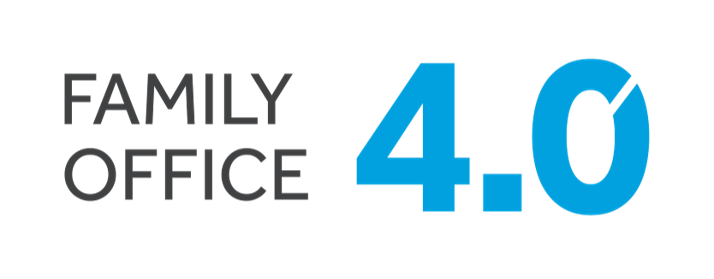At school, you learn math, languages, science, vocations, art and history but not financial literacy. It is incorrectly assumed that financial literacy is learnt intuitively, especially if you come from a wealthy family.
However, there is a general hesitance around talking about money, which makes such expectations unfair. They make it harder to pass on the knowledge required to sustain family finances. The most important philosophy when having a conversation about finance with your family is to remember, ‘It is ok not to have the answers.’
I believe that conversations around wealth should start as early as pre-school. If you ask a three-year-old where money comes from, they might say money comes from their parents. Gently letting them know that money is a result of hard work is a good start – Lindsay Cook, CPA & Faculty at Drexel LeBow.
Other life transitions are also a good time to initiate such dialogue. As children try to figure out future prospects such as enrolling in a premier university or starting their own business someday, they begin to realise the significant role finance plays in their lives.

Make the most of this time, to educate them on the basics of financial management and investment. Give them a set amount each month and teach the different ways they can invest that money. Show your 16-year-old the power of compounding by letting them know that small savings can add up to millions, by investing consistently in a Roth IRA starting today.
Sadly, most families find it difficult to have these conversations or not have them at all. We often under-estimate how emotional conversations around money can be, although it affects practically every aspect of our lives. For example, there may be members who have overcome financial difficulties, yet are still made to feel bad about choices they made years ago by their family. This may make them afraid to speak up on financial matters.
Every family is unique and each generation follows their own rule book. When it comes to family wealth, talk about it as early and openly as possible. Do not assume prior knowledge when you do, and create a judgment-free space where all forms of questions are acceptable. Take away the emotional element attached with money to foster better communication. You can also seek the help of external financial educators to better assist these conversations.
We are encouraged to open up about our emotions to build healthy relationships. The same principle applies to financial health. Families should destigmatize conversations around wealth. After all, financial security is the key to leading an uninhibited life. So, encourage free dialogue to ensure your family’s well-being.
Lindsay Cook is an Asset Vantage knowledge partner.
Speak to us and let us show you how AV can help you destigmatize financial conversations.




